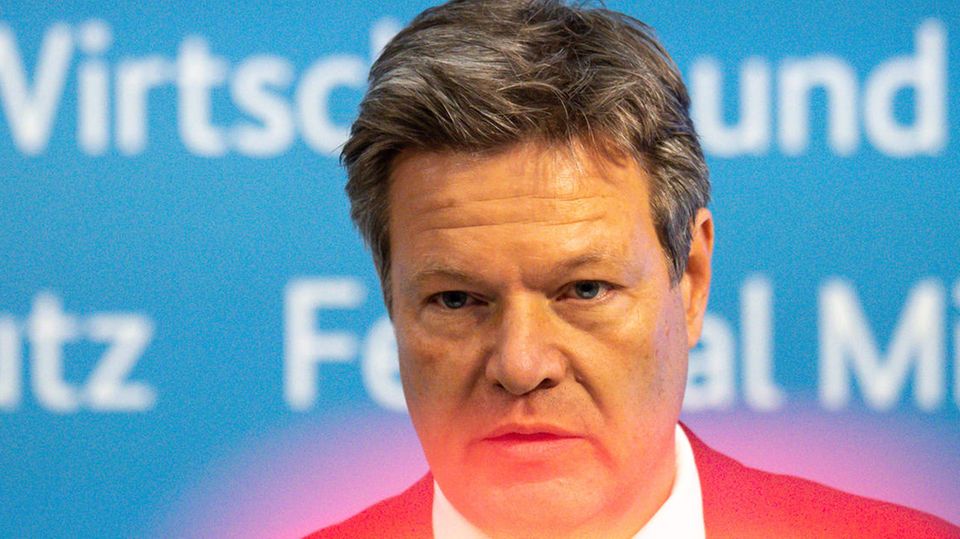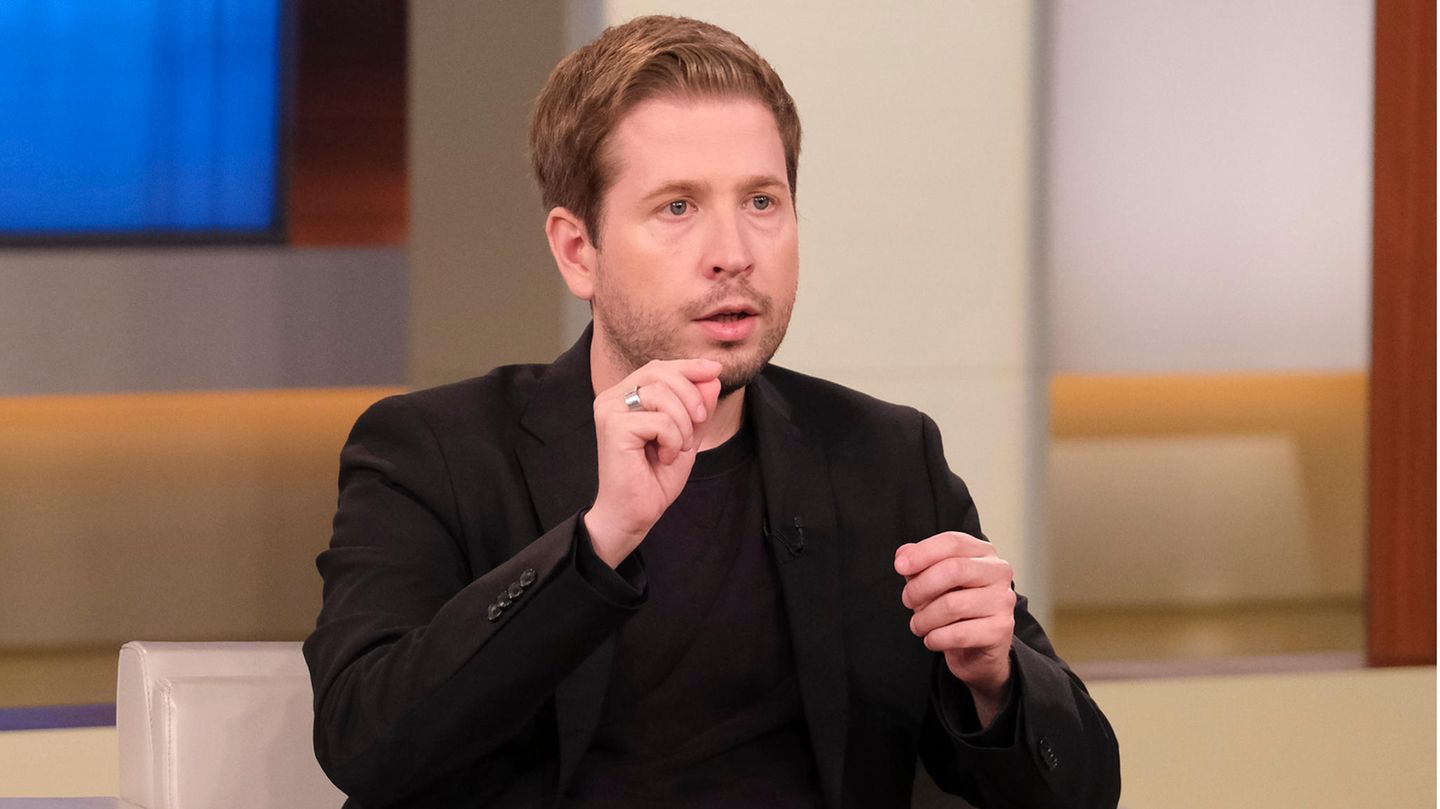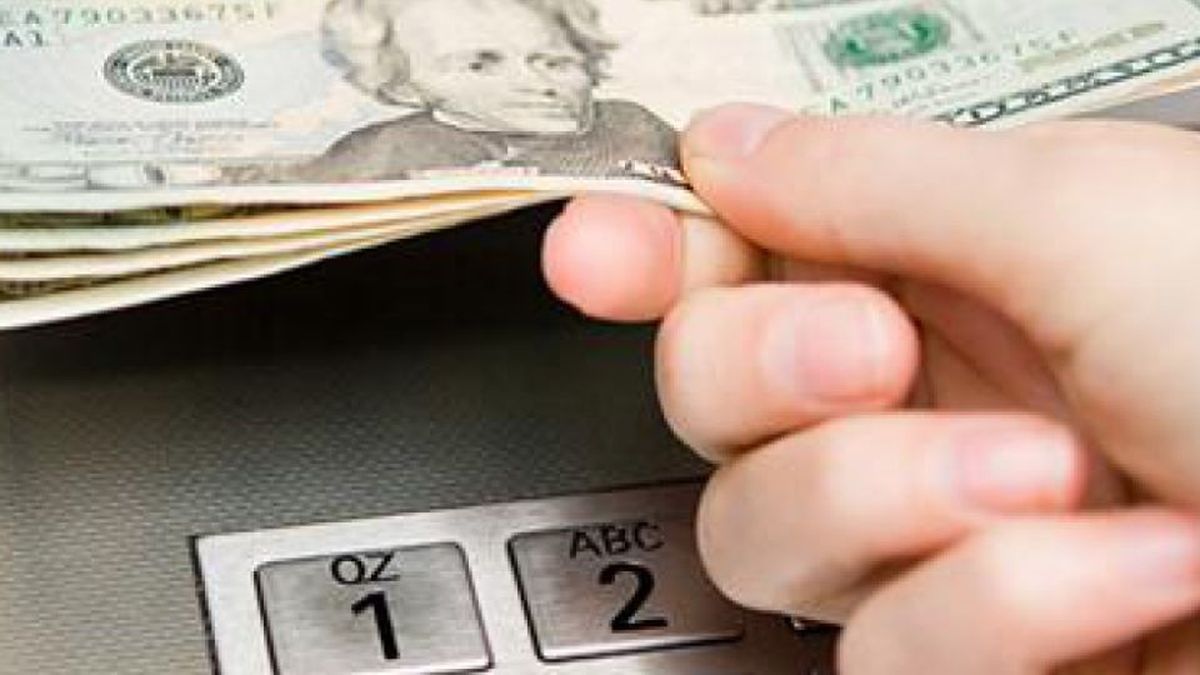TV review
What happens if Putin turns off the gas tap not just temporarily, but completely? There was agreement on one point in the “Anne Will” talk show: it’s going to be expensive.
By Ingo Scheel
Russia recently cut gas supplies, and Federal Economics Minister Robert Habeck then declared the “Gas Contingency Plan” to be on alert. What will the consequences be, how reliable is energy security, how deep will the Germans have to dig into their pockets to pay for all this? The federal government wants to rely more on coal-fired power plants in the future, and the runtimes of the nuclear power plants are also up for discussion. And: Should the population be relieved once again in view of the high energy and living costs?
The following guests discussed this in the evening at “Anne Will”:
- Kevin Kuehnert (SPD, General Secretary)
- John Vogel (FDP, Deputy Federal Chairman and First Parliamentary Secretary)
- Claudia Kemmert (Head of Department Energy, Transport, Environment at the German Institute for Economic Research)
- Jens Spahn (CDU, member of the executive committee and deputy parliamentary group leader, responsible for the topics of economy, climate, energy, medium-sized companies and tourism)
- Anna Mayr (Capital correspondent “Die ZEIT”)
These days, when you’re still sweating and frying your grilled sausage or oven cheese on a one-off grill in the grass of a crowded town square, you might need a bit of imagination, but: next winter will definitely come. If the gas storage tanks aren’t 80 or 90% full, we’ll have problems, especially with the ancillary costs. Gas crisis in Germany – how severe will the consequences be? – that was the key question from Anne Will the evening before. At the very end, Claudia Kemfert gave a few specific figures, but until then the guests had – instead of answers – a battle of allegations of misconduct and scolding of dependency.
“Anne Will”: Jens Spahn criticizes the government’s lack of a timetable
First and foremost Jens Spahn, who after his Corona career almost seemed to enjoy finally being on the other side, not feeling the reproachful index finger on his chest, but himself, as he repeatedly put it, “ask a lot of questions to want”. What has happened since February? Why is there still no reasonable timetable?
There weren’t really any concrete answers. First of all, Kevin Kühnert warned against trying to “seriously psychologize” Putin. You have to act now, make yourself more independent in general, and also give incentives to save gas, i.e. financially reward them. While that still sounded like a working paper in the development phase, Anna Mayr had already taken to the streets, namely to one in Großlohe, the district in the east of Hamburg where Olaf Scholz’s parents’ house once stood.
“Inflation ends up with the little people”
Her findings on site: “The big ones make war, the little people end up with inflation”. Mayr, whose parents themselves had been unemployed for a long time, painted gloomy scenarios, spoke of struggles over distribution and the fear that things would not remain so peaceful if the cost hammer fell. She used the catchphrase of “economic triage,” where not everyone can always buy everything they need, but a general state of “less” is imminent. People who would otherwise have to go to the Tafel on the 27th of the month because the money is gone might have to go there five days earlier, a condition that must be avoided at all costs. “Measures must be aimed at achieving small and medium-sized incomes in a very targeted manner,” says Kühnert.
First of all, Johannes Vogel took the big cutlery out of the drawer: “When it comes to the big challenges, we are catastrophically haphazard,” his status report with a view to the energy crisis, the Bundeswehr and other construction sites, but immediately called for an end to the small-political, too if “earlier would certainly have been better”. “Three registers” should be pulled: buy as much as possible, save and put an end to the generation of gas.
As far as using coal as an energy supplier is concerned, Kevin Kühnert saw it as “sheer necessity”, one had to deal with reality – “people are tired, just crossing fingers is useless”. Whether nuclear power, which was actually doomed to die, would find its way out of the mothballs, no one really wanted to predict.

Put 1000 to 2000 euros aside
And while Claudia Kemfert initially dismissed the fact that we were “a rich country” that “could pay high prices”, towards the end of the program she put her finger in the painful wound and quantified the price that each individual had for the “abducted Energiewende” would have to pay – in the worst case, it could amount to three to four times the previous heating costs. Her advice: put 1000 to 2000 euros aside for the winter after next, because that is when the really big end threatens. Figures that certainly make you shiver, not only in Großlohe.
Source: Stern
David William is a talented author who has made a name for himself in the world of writing. He is a professional author who writes on a wide range of topics, from general interest to opinion news. David is currently working as a writer at 24 hours worlds where he brings his unique perspective and in-depth research to his articles, making them both informative and engaging.




